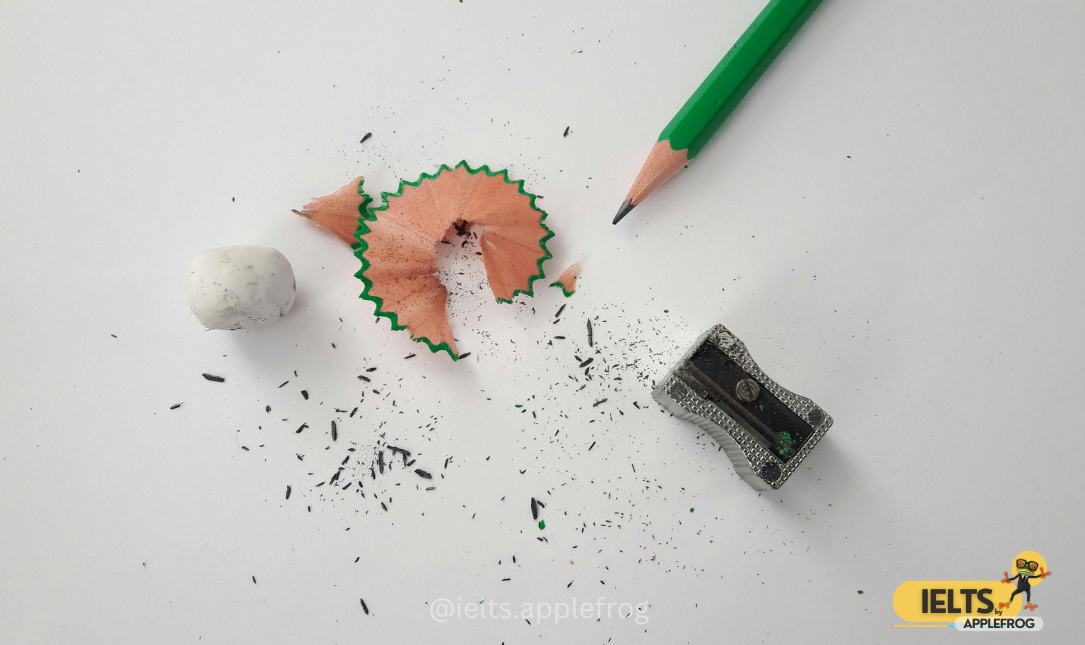
Primary auxiliary verbs, or primary helping verbs, are a cornerstone of English grammar. These versatile verbs—be, have, and do—combine with main verbs to form various tenses, passive constructions, questions, and negatives. Understanding their usage is key to crafting precise and grammatically correct sentences.
What Are Primary Auxiliary Verbs?
Primary auxiliary verbs assist main verbs in creating specific verb forms that express time, action, or condition. They provide grammatical clarity, making sentences more meaningful.
Primary Auxiliary Verbs and Their Functions
1. Be
Used to form continuous tenses and passive voice constructions.
-
Continuous Tenses:
- He is learning how to play the guitar. (present continuous)
- They were discussing the project in the meeting. (past continuous)
-
Passive Voice:
- The room was cleaned yesterday. (past simple passive)
- The dinner is being served now. (present continuous passive)
2. Have
Used to construct perfect tenses, showing actions completed at a specific time.
- I have read all the chapters. (present perfect)
- They had closed the shop before the storm hit. (past perfect)
- By this time tomorrow, she will have delivered her presentation. (future perfect)
3. Do
Essential for forming questions, negatives, and adding emphasis in simple tenses.
-
Questions:
- Do you enjoy outdoor adventures? (present simple)
- Did he finish his assignment on time? (past simple)
-
Negative Sentences:
- I do not agree with their decision. (present simple)
- They did not participate in the competition. (past simple)
- Create Tenses: Show when actions occur (past, present, or future).
- Form Questions: Allow us to inquire or confirm details.
- Express Negation: Clearly indicate when actions do not happen.
- Build Passive Voice: Focus on the action or recipient rather than the doer.
Primary auxiliary verbs—be, have, and do—are indispensable tools in English grammar. They form the framework for expressing time, creating questions, showing negation, and building passive constructions. Mastering their use allows you to communicate effectively, accurately, and confidently in English.
Primary auxiliary verbs are the backbone of language, enabling us to express actions and ideas with clarity, precision, and depth.












 Here can be your custom HTML or Shortcode
Here can be your custom HTML or Shortcode
0 Comments